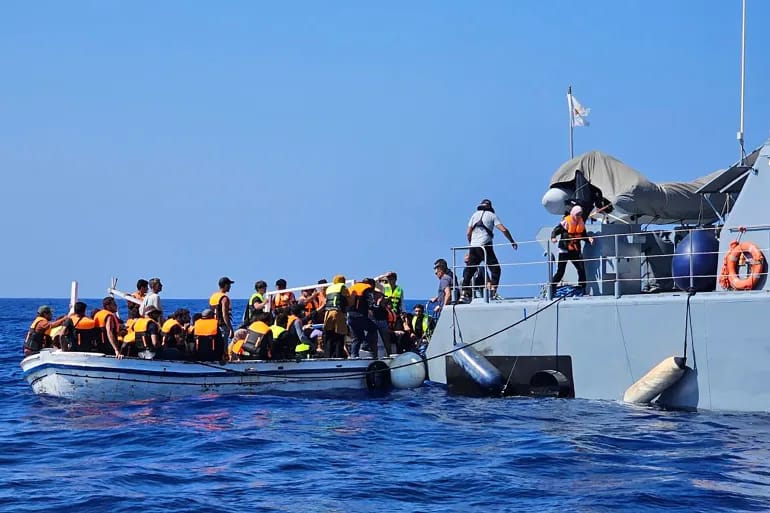Concerns are mounting in Brussels regarding the July migration pact forged between the European Union (EU) and Tunisia, with analysts highlighting the troubling consequences of European aid. This pact, initially touted as a breakthrough in addressing irregular migration, has raised eyebrows as it appears to prop up authoritarian leaders in North Africa in exchange for energy deals and harsh restrictions on refugees and migrants. The EU’s allocation of 100 million euros to combat undocumented immigration in Tunisia is now under scrutiny. This report delves into the growing concerns surrounding the EU-Tunisia migration pact and its implications for human rights and regional stability.
EU Ombudsman Seeks Accountability
The EU Ombudsman’s office has taken a proactive stance by seeking clarification from the European Commission on how it plans to monitor the rights of those affected by the migration pact. The critical question raised pertains to the assessment of the pact’s impact on human rights prior to its signing. As analysts delve into this issue, it becomes evident that concerns extend beyond mere financial assistance.
Human Rights Violations Across North Africa
Reports from various rights organizations have painted a grim picture of human rights abuses in North African countries. In Egypt, despite struggling to implement reforms, authoritarianism persists, with forced disappearances and torture remaining commonplace. Algeria, too, has seen a crackdown on rights following the end of mass protests in 2019, while Morocco routinely harasses activists and uses its penal code to silence critics. Libya’s chaotic situation continues, with warring militias controlling citizens’ lives, and in Tunisia, President Kais Saied’s actions have reversed many gains made since the Arab Spring. These findings underscore the challenging human rights landscape in the region.
EU’s Shifting Priorities and Far-Right Influence
The migration crisis of 2015 led to a significant shift in European attitudes towards North Africa. The influx of over a million predominantly Syrian refugees ignited fears of cultural change within the EU, bolstering far-right political movements across member states. As a result, the EU began to adopt a more pragmatic foreign policy approach, emphasizing aid in exchange for control over migration and energy deals, sometimes at the expense of democracy and human rights. Far-right leaders like Italy’s Giorgia Meloni have advocated for such an approach, focusing on “legal migration” and leaving little room for refugees or asylum seekers. The EU insists that its migration policies are developed in collaboration with NGOs and the UNHCR, emphasizing fairness, efficiency, and respect for human rights.
While the EU-Tunisia migration pact aimed to address irregular migration, it now faces mounting scrutiny for potentially perpetuating autocratic regimes in North Africa. As Europe grapples with its own challenges, including a cost of living crisis and energy security concerns, the character of the EU has evolved. The prioritization of migration control and energy deals over democracy and human rights has led to a shift in European attitudes and the rise of far-right political influences. As analysts continue to voice concerns, the plight of those undertaking perilous journeys to Europe, often unaware of Europe’s changing politics, remains a pressing issue. The EU faces a delicate balancing act in addressing migration while upholding its values and responsibilities toward human rights and democracy in the region.
















